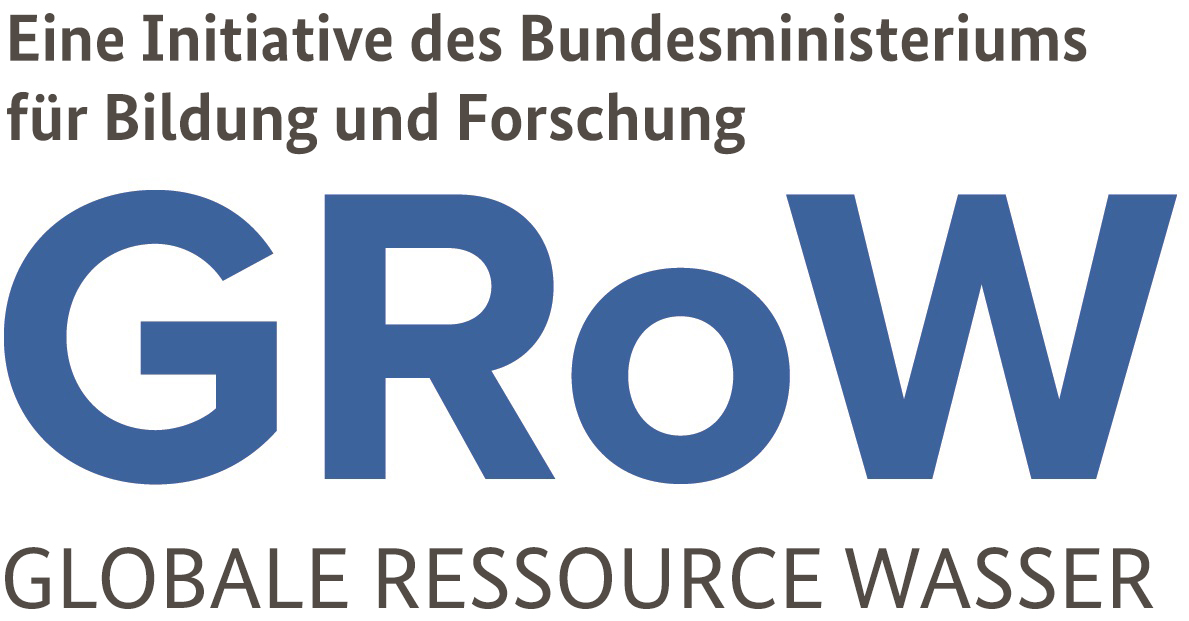MedWater develops new and model-based groundwater management concepts for the Middle East
| Date |
Date
|
MedWater develops management tools for efficient and sustainable water use of scarce groundwater resources for vulnerable karst aquifers within the Mediterranean region and the Middle East. MedWater recently applied their tools in the Western Aquifer in Israel, aiming at developing a model-based decision support system for Israeli water authorities. The tool successfully supports the assessment of the aquifer’s response to changes in precipitation or water consumption and the determination of appropriate management strategies. The results will be transferred to similar aquifers in Southern Europe.
MedWater's tools not only aim at improving efficiency in water use but also at preserving existing water resources and ecosystem services. Karst aquifers frequently serve for groundwater extraction and supply 25% of the world’s population with freshwater. However, they require new and more flexible management concepts, due to their high hydraulic conductivities, fast response times and their low storage capacities. In addition, such aquifers are frequently characterized by low data availability, causing uncertainties which in turn make an adequate management challenging.
The assessment of groundwater recharge and the aquifers’ response to high intensity storm events and drought periods constitute major issues for the management of karst aquifers in these climatic zones. Therefore, MedWater investigates appropriate modelling concepts to predict the response of such highly dynamic and complex aquifer systems under shifts in climate. Expected project results comprise the global transfer of the obtained results through an upscaling method, the development of optimized water management strategies and the development of a decision support system.
A major focus of MedWater’s work lies on the application of numerical process-based models for karst aquifers to assess available groundwater resources, groundwater recharge, and sustainable water consumption. Such models allow for a quantitative analysis of these groundwater systems. In addition, the models allow for the prediction of short- and long-term development of the systems based on external factors, like land use or climate change. Based on these results, different water use and allocation strategies can be developed.
MedWater focuses on characterising groundwater systems as well as on forecasting models. The research project develops an interregional soil and water assessment tool, the SWAT model, to determine virtual water fluxes due to im- and export of food products and their impact on water resources and ecosystem services.
The condensed modelling results serve as a base for the development of a web-based decision-support system (DSS), which focusses on the effects of water extraction and shifts in climate on groundwater resources and therewith supports stakeholders in determining management strategies. Currently the DSS is under continuous adjustments in close cooperation with the Israeli project partners and stakeholders. It consists of the following interlinked components: an import routine to convert modelling results and configuration files into the DSS, a control environment which changes the configuration files and a graphical user interface to visualize the modelling results. The DSS provides information on total water budgets and sustainable yields for decision-making.
Project coordinator Irina Engelhardt (TU Berlin) presented MedWater’s aims and the development of the numerical model of the Israeli Western Mountain Aquifer in the German newspaper Tagesspiegel. Find the full article here.
Find out more on MedWater here.
